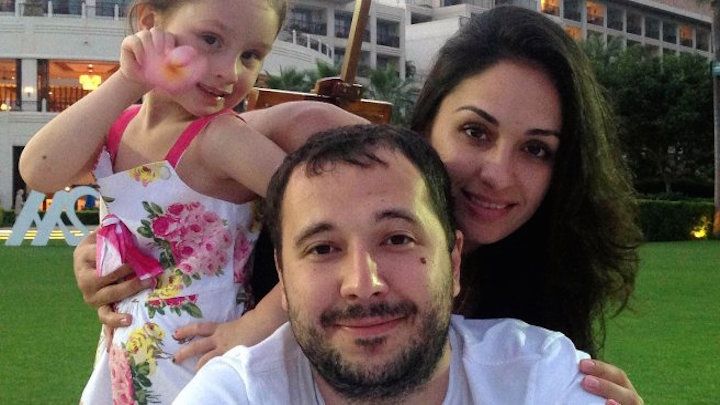Russian’s arrest in Maldives lawful, rules US court
A US federal court has ruled that Maldivian law was not violated in the arrest of alleged Russian hacker Roman Seleznev by US Secret Service agents from the international airport in July 2014.

20 Dec 2015, 09:00
A US federal judge has ruled that neither Maldivian nor American laws were violated in the arrest of a Russian national Roman Seleznev by US federal agents in July 2014.
Seleznev’s lawyers contended that his arrest amounted to kidnapping as he was not taken into custody by the Maldivian police with a court warrant or brought before a judge ahead of extradition.
Seleznev, the son of a Russian parliamentarian, was arrested from the Malé international airport on July 5 just before he was about to board a plane to Moscow after holidaying in the Maldives. He is accused of hacking into US businesses and selling the information.
Citing legal precedent, Judge Richard Jones from the western district court in Seattle ruled that the manner of arrest does not prevent the state from pressing charges against an individual, except in cases of torture and mistreatment.
Become a member
Get full access to our archive and personalise your experience.
Already a member?
Discussion
No comments yet. Be the first to share your thoughts!
No comments yet. Be the first to join the conversation!
Join the Conversation
Sign in to share your thoughts under an alias and take part in the discussion. Independent journalism thrives on open, respectful debate — your voice matters.




